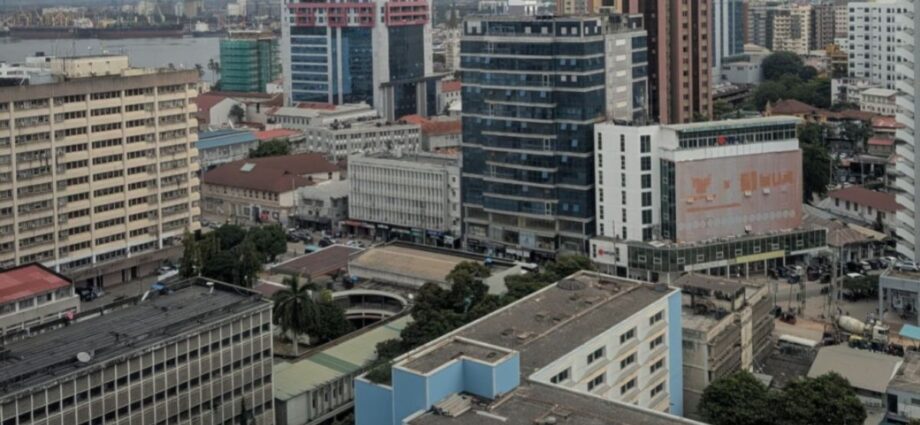
Unguja. Africa is urbanising at an unprecedented rate, yet the financial mechanisms needed to support this transformation remain alarmingly inadequate.
Urban economist Ms Astrid Haas has called for immediate and sweeping reforms in how African cities are financed, warning that without change, the continent risks missing out on the immense potential of its booming urban and youthful population.
Haas delivered this message during a public lecture in Zanzibar organised by Africa Urban Lab under the theme “Financing the Development of African Cities.”
She noted that while there is no shortage of global capital, legal and institutional barriers often make African cities ineligible to borrow. At the same time, weak revenue collection systems leave them heavily dependent on national governments.
“There is plenty of money out there,” Haas explained, “but African cities are not raising enough revenue, and legal frameworks make borrowing difficult. This means that despite the growing needs, they cannot fund the infrastructure required to meet demand.”
Urbanisation, Haas stressed, is the mega-trend reshaping the continent. By 2050, Africa is expected to be home to 1.5 billion urban dwellers, over half of them youth.
Cities like Dar es Salaam, which is among the fastest growing in Africa, exemplify both the challenge and the opportunity.
While Dar es Salaam has made significant investments, such as the Bus Rapid Transit system, Haas argued that these must be scaled more rapidly and extended beyond major centres to ensure they benefit wider populations. The continent’s youth demographic, often framed as a ticking time bomb, could instead be a powerful catalyst for growth.
“Youth bring energy, innovation, and new ideas. But we need to provide jobs, and that begins with developing cities where investors want to put their money,” she said.
One of the fundamental barriers to financing is that most African cities lack credit ratings, making it hard for investors to gauge their financial health and risk profile.
According to Haas, even when a city’s finances are in order, the absence of accessible data can lead investors to assume the worst.
“Transparency is critical,” she said. “If data is not readily available, investors will assume you’re hiding something. This blocks access to much-needed capital.”
To overcome these hurdles, Ms Haas outlined several key reforms. Cities must improve their revenue collection, particularly property taxes, and embrace digital financial tools.
Legal frameworks must evolve to give local authorities more borrowing rights. Additionally, infrastructure project pipelines must be underpinned by reliable data and show clear returns on investment to attract both domestic and international investors.
Haas also emphasised the importance of multi-level governance. Many African cities have limited fiscal autonomy and rely on national governments to raise and allocate funds. In her view, collaboration between municipal and national authorities is essential to unlocking development finance and delivering inclusive urban growth.
“Cities are complex systems, and piecemeal investments just don’t work,” Haas warned. “We need coordinated efforts, backed by sound financial management and strategic planning.”
Beyond institutional reforms, Haas challenged global financial markets to change how they perceive African cities. Historically, these cities have been seen as risky investments. But Haas believes they should instead be viewed as essential engines of global growth.
“Cities are not risky — they are critically necessary,” she said. “If we invest in them properly, they will deliver jobs, GDP growth, and long-term stability.”
She concluded with a stark reminder: failing to finance Africa’s urban future will have global consequences, from deepening inequality to increasing migration pressures. However, with the right reforms and investment strategies, African cities can lead a continental transformation that benefits the entire world.
As African cities continue to expand, Haas’s message is both urgent and optimistic: the future of the continent lies in its cities and that future must be financed now.














